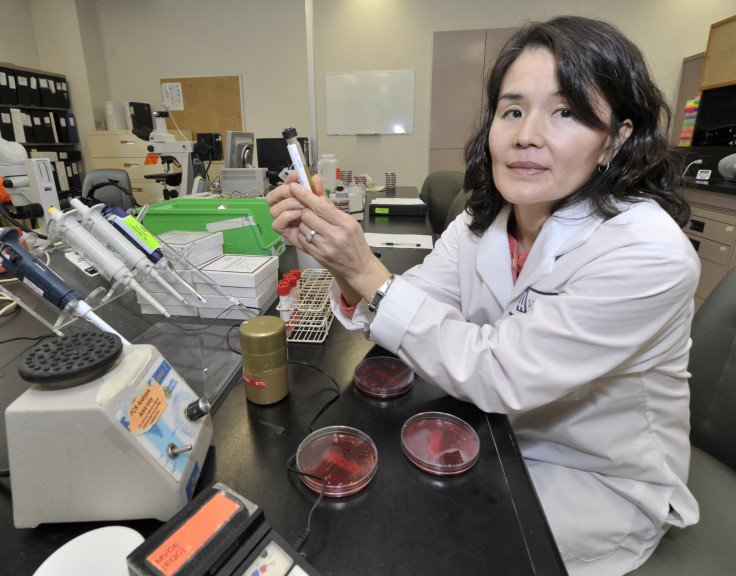Clostridium difficle Affects Half A Million People In The US

Clostridium difficle is responsible for infection in half a million people in the US, says Larry Baddour, in the New England Journal of Medicine, published on Feb 26, 2015. About 450,000 people get infected by the bacteria annually, reports the study.
The research reports 29,000 deaths of C. difficle infection in 2011 and also claims that the rate of infection is higher than the national estimate of 240,000 to 333,000 in the US. Since patients get infected once after they leave the hospital, the number of patients would have been undercounted, says NBC NEWS. The infection is acquired not only in hospitals but also from the doctor’s office, dental chairs and other healthcare settings, says the researcher.
This study is the first of its kind to really highlight the important burden of C.difficle infection, says Dr Ghinwa Dumyati of the University of Rochester Medical Center, who supported Centers for Disease Control and Prevention (CDC) with the study. She also mentioned that the driver of this infection is the use of antibiotics.
Clostridium difficle is a faeco oral infection, where the bacteria that spread from faeces to food and other surfaces cause infection when people accidently ingest them. The spores produced by the bacterium stay on a surface for weeks and cause infection on ingestion. The toxin released by the bacteria in the body cannot be cleared by antibiotics.
A new strain emerged in 2000 causes 30 percent of infection, and it is more easily transmitted than other C.difficle strains, says CDC's Dr Cliff McDonald, who worked on the study. He also added that the new strain causes more serious infection than the rest.
Clostridium difficle cause inflammation of colon, referred as colitis, and sometimes may form patches of raw tissue that can bleed or produce pus. The symptoms of C.difficle infection include fever, diarrhea, blood or pus in stool, dehydration, nausea, abdomen swelling and even kidney failure.
C.difficle infection in a person shows that the normal bacteria in the bowel are much damaged and is difficult to reverse it, says Dr Michael Bell, deputy director of CDC's Division of Healthcare Quality Promotion. He also added that as it is difficult to kill the spores with hand sanitisers, it is a must to wash the hands with soap and water.
To report problems or to leave feedback about this article, e-mail: saranya@ibtimes.com.au





















